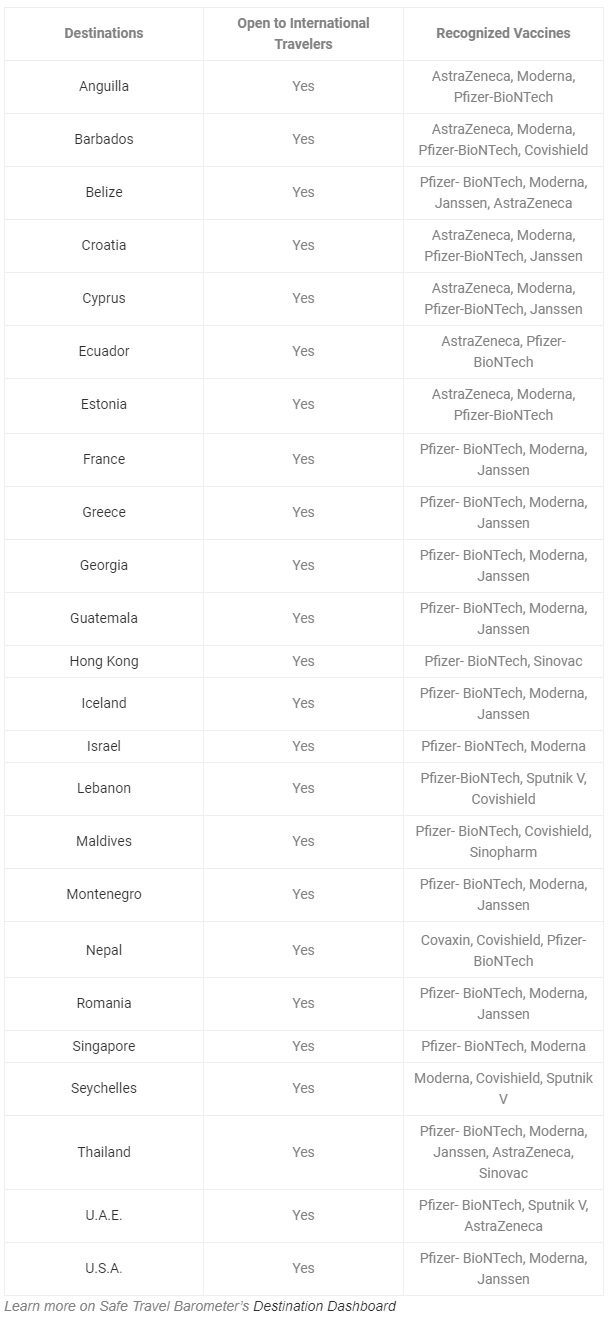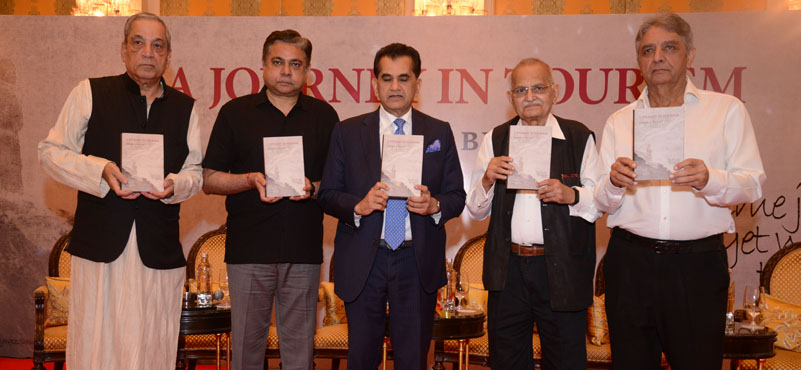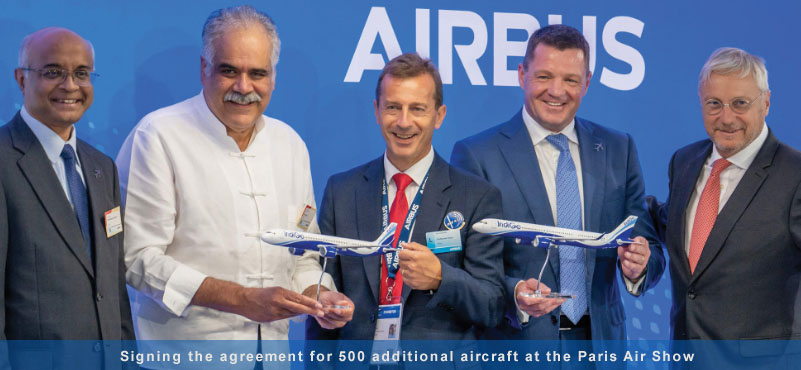Fully Vaccinated Travelers are not aware of destination disclaimers.
Consider a scenario – Jung Lee, a Chinese national was recently fully vaccinated by the Sinovac shot. Not surprisingly, Lee wanted to waste no time in planning her post-vaccine vacation celebratory trip to Greece after an entire year of wait. Little did she know that her vaccination record would hold no value in the arrival destination? Lee was fully vaccinated, but she was reined to the realities of quarantine rules and border closures that still apply to non-vaccinated travelers because Sinovac isn’t yet recognized by the European Medicines Agency (EMA). Lee’s ordeal is similar to that of hundreds of thousands of travelers who are planning to travel with a COVID vaccine.
COVID 19 VACCINES ACROSS DESTINATIONS
The revival of the travel industry to the pre-pandemic stages is directly dependent on the immunization of the world’s population. However, vaccination disparity across various countries is likely to make travel complex in the short term. But the larger question when it relates to travel is the cross-recognition of vaccines across countries – simply put COVID-19 vaccines authorized in one country may not be approved in another country.
Organizations such as the U.S. Food and Drug Administration (FDA) have so far authorized three vaccines for emergency use in the U.S. – Pfizer-BioNTech, Moderna, and Janssen. In the case of European Union (EU) countries, they must adopt vaccines approved by the EU regulators. Further, individual countries may have ratified protocols laid down by the World Health Organization (WHO) thus creating a maze of approved vaccines and medicines. With countries such as Greece, France among others on the verge of reopening to full vaccinated travelers, there are serious concerns about classifying them basis upon their COVID-19 vaccination history.
In such an event, most Chinese people who are inoculated through Sinovac or Sinopharm are likely to be barred from entry to Europe for the foreseeable future due to health security reasons. Moreover, they may be treated at par with non-vaccinated travelers with considerable quarantine and testing challenges until indigenous vaccines are recognized by the destination countries, their respective health regulators, or through global ratifications. Each of these approaches will have stark consequences for global business activity and the revival of international tourism at large.
The oncoming and perhaps the most critical phase of the travel-health security will be countries adopting a coordinated strategy to recognize – if not authorize – indigenous vaccines basis upon independent clinical trials, in participation with country, regional, and international health regulatory bodies.
TABLE: RECOGNIZED VACCINES BY COUNTRIES

TRAVEL FOR FULLY VACCINATED: FANTASY OR REALITY?
Despite being fully inoculated most travelers are left with a question of where internationally could they travel with a COVID vaccine? As inoculation efforts step up around the world, the global vaccine divide between the have’s and have not’s will eventually shrink. However, what we may still be with are the type of COVID vaccine taken and from where the basis upon which most countries may permit travelers. At present, countries wanting to pursue business opportunities with Chinese nationals to tap into or benefit from the market’s supply chain, face the dilemma of not recognizing the indigenous vaccine could result in a stalemate between economies. Anticipating such eventualities, the EMA began a rolling review of the COVID-19 vaccine developed by the Chinese company Sinovac in May 2021. We will likely see more healthcare regulators reviewing various vaccines to support bilateral and regional trade and travel.
On the flip side, for millions who are unable to choose their COVID-19 vaccines, especially in emerging economies across Asia and Africa, the risk of more destinations becoming inaccessible based on the vaccines they recognize is also very real. A waiting period for countries to clinically trial and authorize vaccines, or establishing processes to ratify to international conventions is only the way out.
As countries pilot vaccine passport trials, it’s rather indistinct whether countries will pursue universal recognition of all vaccines. With the rise of virus variants and questions over whether the current crop of vaccines is as effective against them is still plausible; travelers who are fully vaccinated could still be stuck in a void.




































